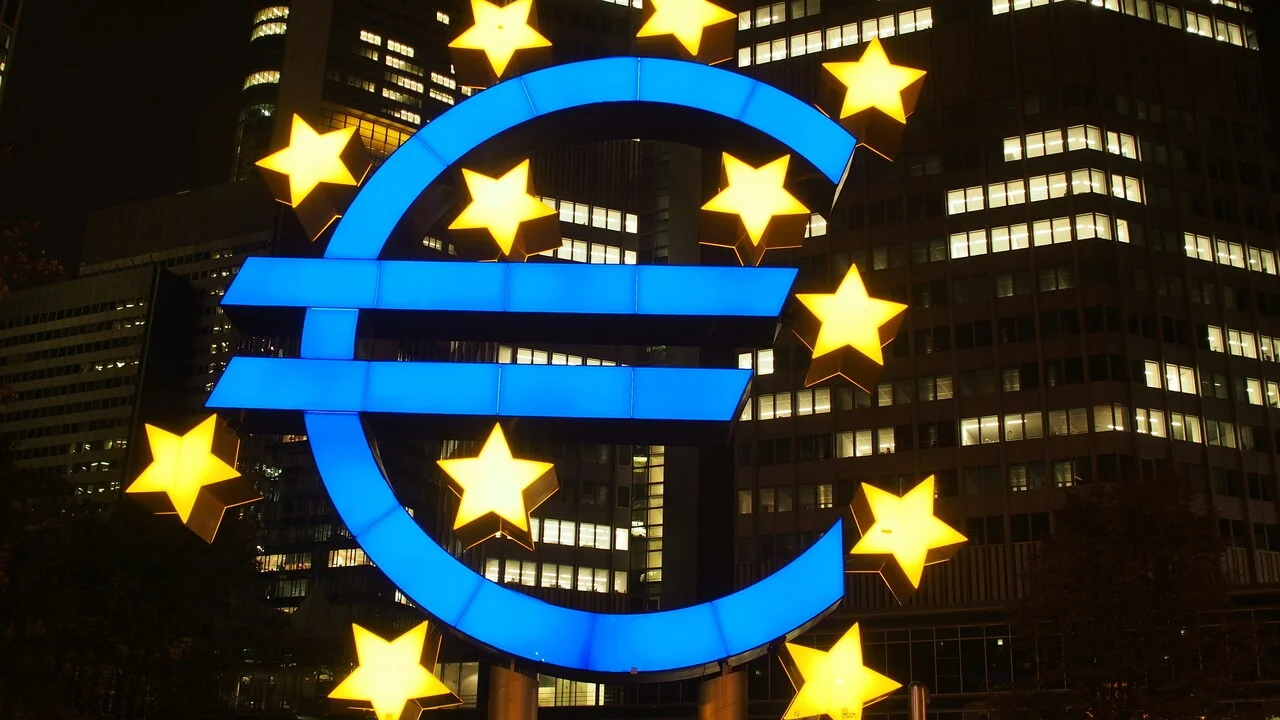
The European Union is taking a new and stricter regulatory step toward insurers investing in cryptocurrencies. Authorities are pushing for significantly higher capital requirements to limit exposure to volatile digital assets.
What Are the New Proposals?
The European Insurance and Occupational Pensions Authority (Eiopa) recommends introducing a 100% capital requirement for all crypto-related assets. This means that insurers would be required to hold full capital coverage for every unit of cryptocurrency in their portfolios.
What Does the Proposal Include?
- Bitcoin (BTC) and Ethereum (ETH)
- Stablecoins pegged to fiat currencies
- Tokenized assets based on traditional investments like stocks and bonds
What Does This Mean for Insurers?
Currently, most insurers in the EU are required to allocate 60–80% capital against their crypto assets. If the new 100% requirement is implemented, maintaining such investments will become significantly more expensive, likely reducing interest in cryptocurrencies within the insurance sector.
What Is the Current Scale of Crypto Exposure in Europe?
According to data as of the end of 2023:
- The total value of crypto assets held by European insurers is around €655 million
- This represents less than 0.01% of the industry’s total assets, which amount to €9.6 trillion
- A large portion of this exposure is observed in Luxembourg, likely through investment funds rather than direct holdings
What Does This Mean for the Future of Crypto Investments in the EU?
Although the current market impact seems minimal, the new rules send a clear message: the EU will not tolerate high-risk exposure to cryptocurrencies, especially in sensitive sectors like insurance. The regulation may have a long-term cooling effect on institutional involvement in the crypto space.
Conclusion:
With Eiopa’s new recommendations, the European Union is tightening its grip on crypto assets in the insurance sector. While the immediate effect may be limited, the anticipated regulations clearly reflect the EU’s position on stronger oversight of digital assets.
The European Commission is yet to decide whether to implement these measures — a decision that could reshape how institutions engage with cryptocurrencies across the bloc.
Frequently Asked Questions
Find answers to the most common questions below.
The EU aims to reduce financial risk and protect policyholders by requiring insurers to fully back their crypto holdings with capital, due to the high volatility of digital assets like Bitcoin and Ethereum.
It means that insurers would need to hold an equivalent amount of capital for every euro invested in crypto assets. For example, if an insurer holds €1 million in Bitcoin, they must also have €1 million in capital reserves.
The proposal covers major cryptocurrencies such as Bitcoin (BTC) and Ethereum (ETH), stablecoins pegged to fiat currencies, and tokenized traditional assets like stocks and bonds.
As of the end of 2023, European insurers collectively held about €655 million in crypto assets — less than 0.01% of the industry’s total €9.6 trillion in assets.
While the immediate impact may be small due to low existing exposure, the stricter rules may discourage future crypto investments by insurers, signaling a more conservative institutional approach.
The European Commission will review Eiopa’s recommendations and decide whether to implement them into binding regulations across the EU.
The rules are currently at the proposal stage. A final decision by the European Commission is pending, and industry feedback may influence the outcome.
Increased regulation could enhance financial stability and reduce risk in the insurance sector, potentially protecting customers from losses tied to speculative crypto investments.
This article is for general informational purposes only and is not intended to be, and should not be construed as, legal or investment advice.




